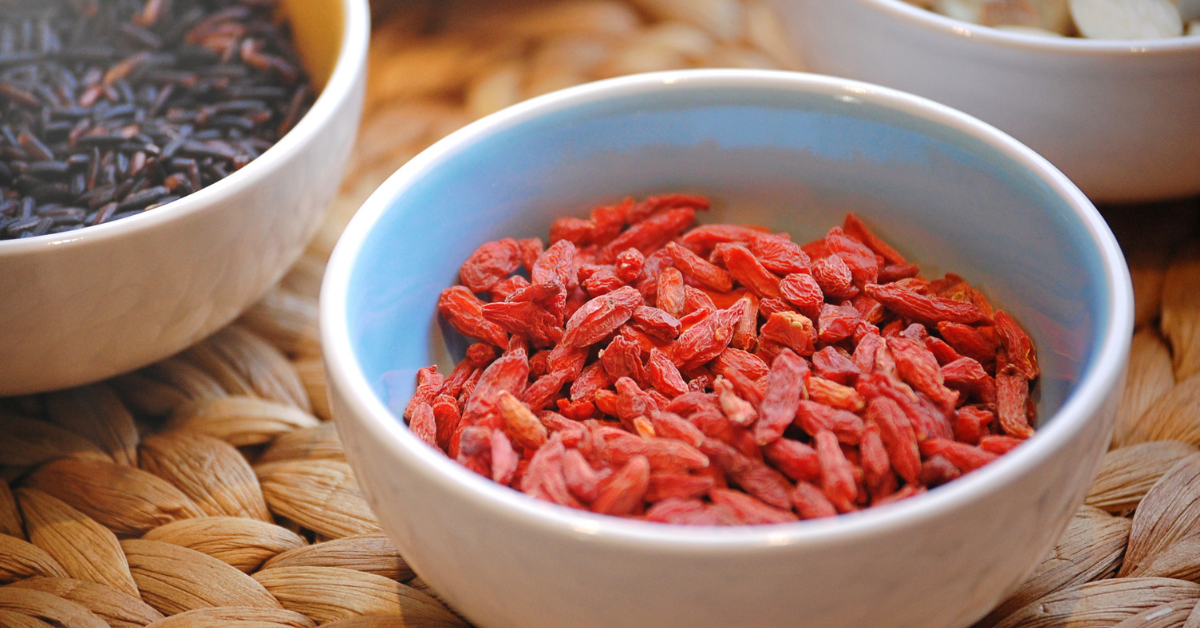
14 Jan Goji berries for eye health
The University of California, Davis has found that regularly eating a small serving of dried goji berries may help prevent or delay the development age-related macular degeneration (AMD), which is considered to be one out older people’s vision loss. This new research was conducted on healthy middleaged individuals and their effects were monitored over time; those who ate 1/2 cup per day experienced lower rates compared with those without any consumption at all!
The authors of this study found that AMD can affect your ability to read or recognize faces. It’s important for people who are diagnosed with the disease not only see clearly themselves but also be able identify friends and family members correctly as well!
The researchers found that 13 healthy participants aged 45-65 who consumed 28 grams (about 1 ounce) goji berries per week for 90 days saw an increase in the density of protective pigments, compared to 14 people taking a commercial supplement.
Goji berries are a great way to get more of these important nutrients in your diet. They contain pigments that increase the production and flow-ofiggens for lutein, zeaxanthin which help protect against blue light damage caused by aging or sun exposure!
One cup of goji berries provides more than three times the RDA for both lutein and zeaxanthin, which helps protect your eyes against sun damage. Healthy people can increase their retinal levels by eating these eye-healthy fruits!
Berries used for eye health in China
Goji berries are popular in China as both tea and food. They’re also known for their ability to brighten the eyes, which makes them a sought after commodity among those looking forward towards better vision!
In recent years researchers have been studying how these fruits impact human health from both physiological properties such as eyeightension or antioxidant activity but more importantly through traditional medicine practices where they’ve found some promising evidence behind using gojiberrysfor treating macular degeneration (which affects millions worldwide), diabetes mellitus type 1 & 2 Parkinson’s disease digestive problems

The bioactive compounds ingoji berries have been found to contain high quantities of lutein and zeaxanthin, which is known as a protection against eye diseases related to AMD. Furthermore the form that it takes within our digestive system makes them very easy for us absorb so we can use these nutrients effectively!
The current treatment for intermediate stages of age-related macular degeneration (AMD) uses special dietary supplements called AREDS that contain vitamins C, E zinc copper lutein and zeaxanthin. No known therapy has yet been shown to impact early stage AMD but researchers remain optimistic about their prospects in this area too!
The most common cause of AMD is complex and multifactorial, according to Yiu. It involves a mix genetic risks as well as age-associated changes with environmental factors like smoking diet or sun exposure playing important roles in the development over time into more advanced stages that can lead some people developing early signs without knowing about their condition until they go through an eye exam where physicians will detect it then give them treatment options for what type if disease/syndrome may have had caused this issue at hand so there’s no need worry!



Sorry, the comment form is closed at this time.